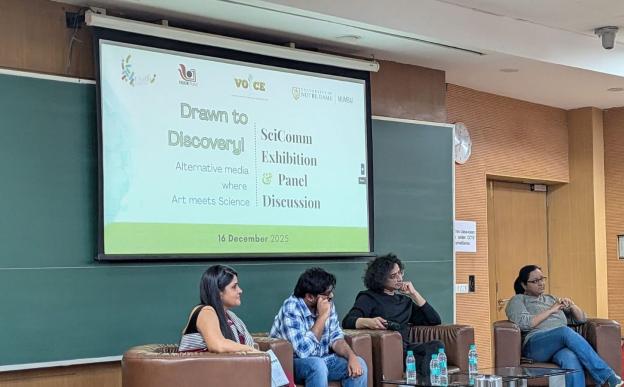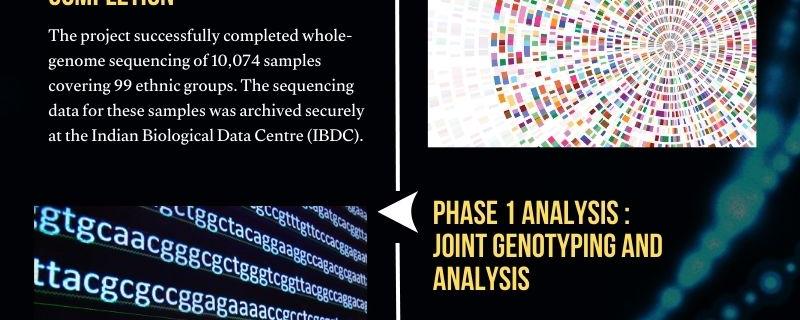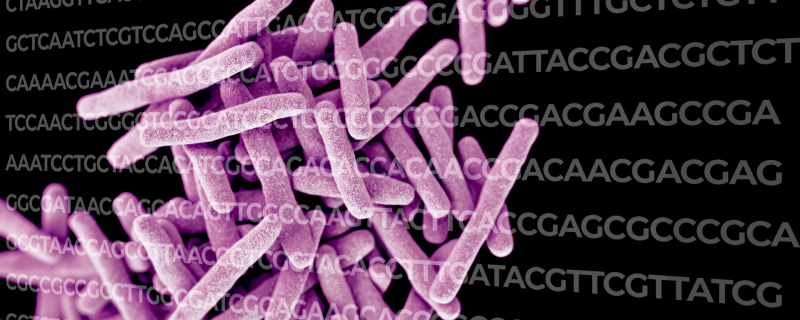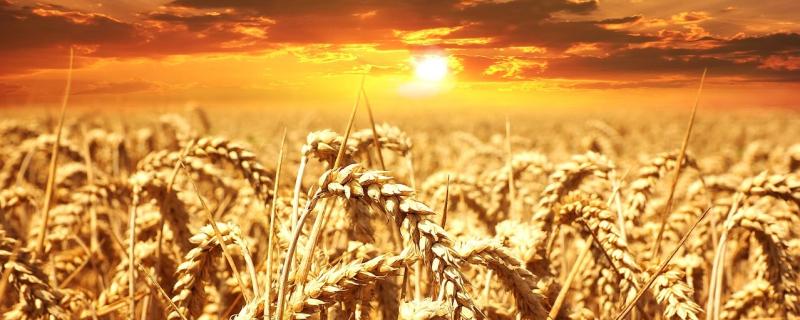GenomeIndia is an ambitious national initiative launched in January 2020, funded by India's Department of Biotechnology. The project aims to sequence 10,000 genomes from healthy individuals across the country. GenomeIndia's main objective is to compile a comprehensive catalogue of the genetic variations unique to India's diverse population. This initiative goes beyond merely decoding genes; it seeks to create a detailed reference of the genetic makeup to enhance our understanding of this diversity.
The Indian Institute of Science Education and Research (IISER) Pune on Tuesday launched the VOICE Fellowship 2025
Pune/



